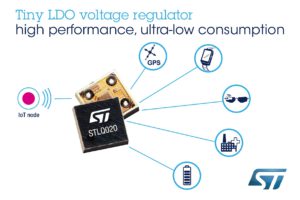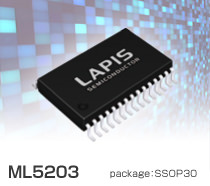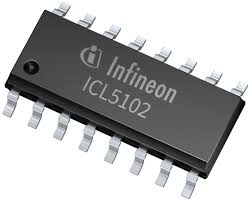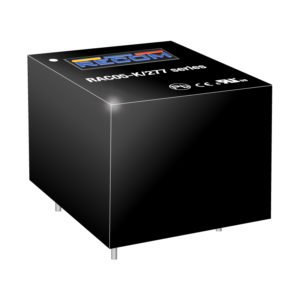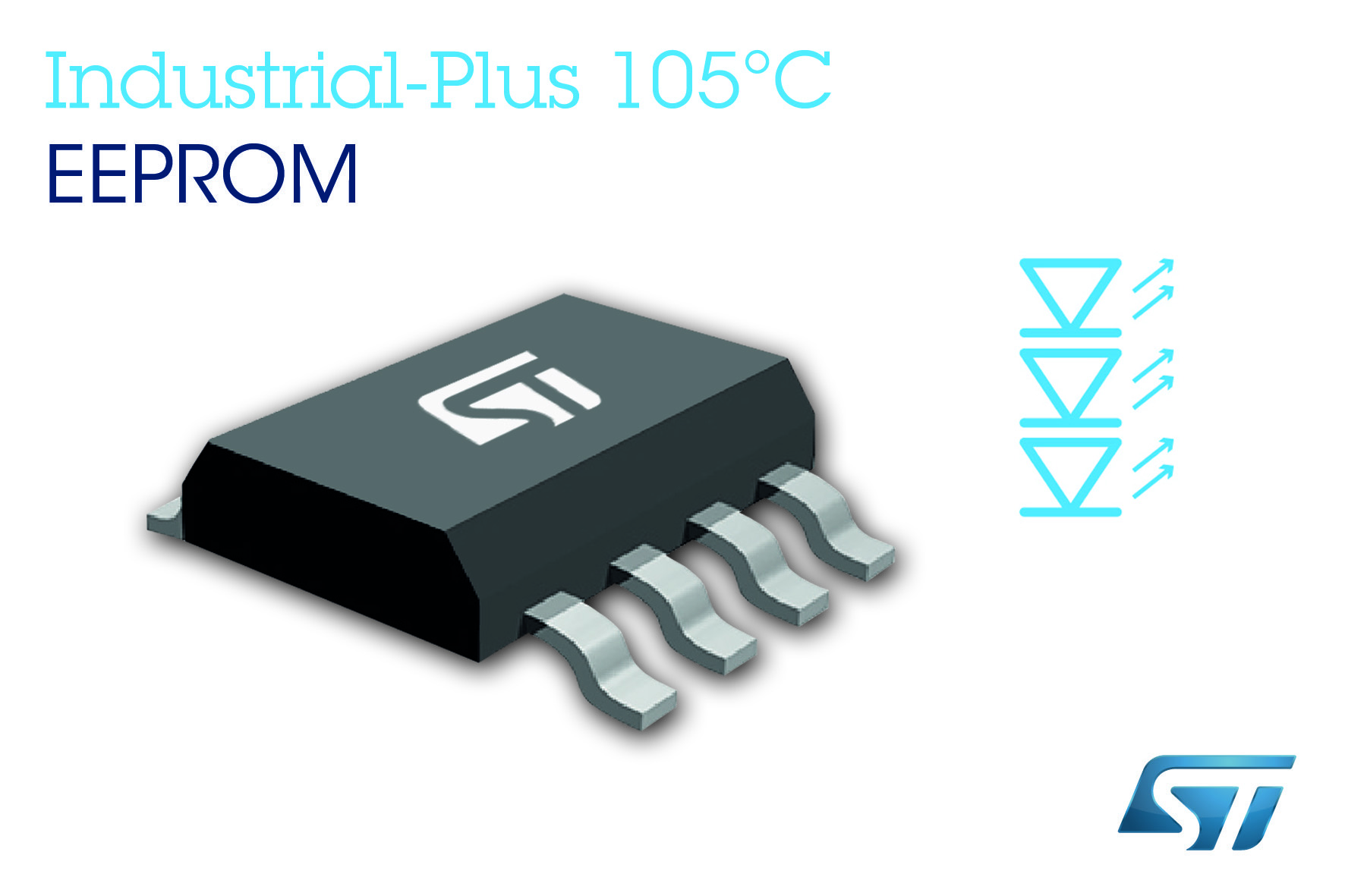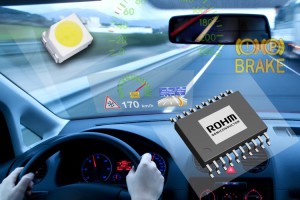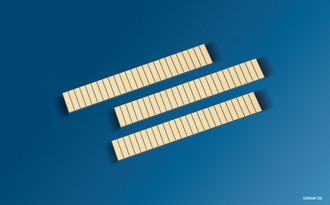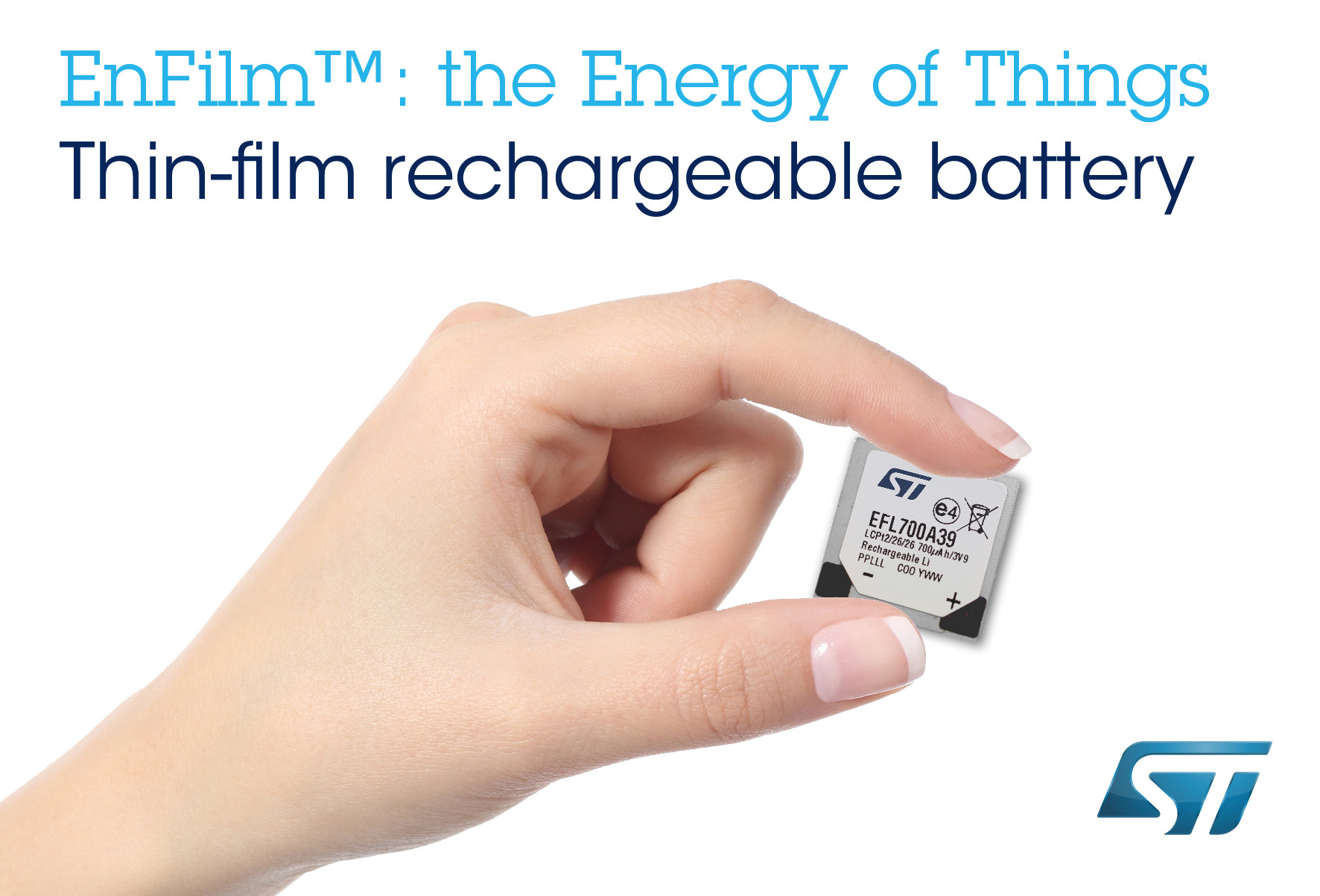STMicroelectronics – STLQ020 – 200 mA ultra-low quiescent current LDO
STMicroelectronics’ STLQ020 low-dropout (LDO) voltage regulator relieves the familiar trade-offs between quiescent current, output power, dynamic response, and package size, to give designers extra freedom.
By combining small size with high performance and energy efficiency, the STLQ020 is ideal for use in battery-powered consumer products like smartphones and tablets, smart watches, audio or media devices, and wearables. It helps extend battery life in IoT endpoints such as smart meters and wireless sensors, healthcare devices like wearable monitors, and industrial applications such as factory automation or sensor networking.
Drawing just 300nA quiescent current (Iq), and capable of supplying up to 200mA to the load with excellent regulation, power-supply rejection (PSRR), and transient response, the STLQ020 is available in a choice of compact packages reaching as small as a 0.8mm x 0.8mm flip-chip4.
This unique combination of attributes stems from the STLQ020’s dedicated low-power design and adaptive bias circuitry, which ensures fast response and a stable output with high PSRR. In addition, dropout voltage as low as 160mV (typical) at maximum load allows longer equipment runtimes as the battery discharges. Also, with the advantage of its 5nA logic-controlled shutdown mode, the STLQ020 can extend the interval between coin-cell replacements in low-duty-cycle applications like remote sensors.
With an input voltage range of 2.0V-5.5V, the STLQ020 can be powered directly from a suitable battery voltage (VBAT) or logic rail. The output voltage can be set between 0.8V and 4.5V, with either fixed-output or adjustable-output versions available. The fixed output voltages are selectable in 50mV increments.
Features
- Operating input voltage range: 2 V to 5.5 V
- Output current up to 200 mA
- Ultra-low quiescent current:
- 300 nA typ. at no load (ADJ version)
- 100 μA typ. at 200 mA load
Applications
- Image sensors
- Wearable accessories
- Metering
Intern: ICSPR

